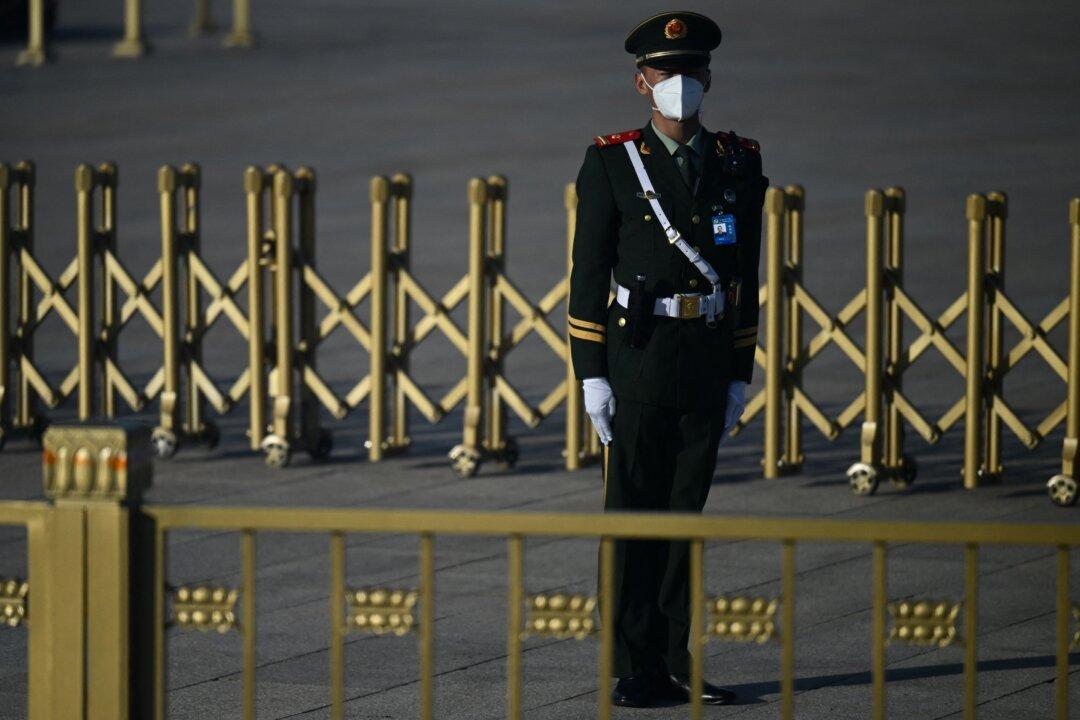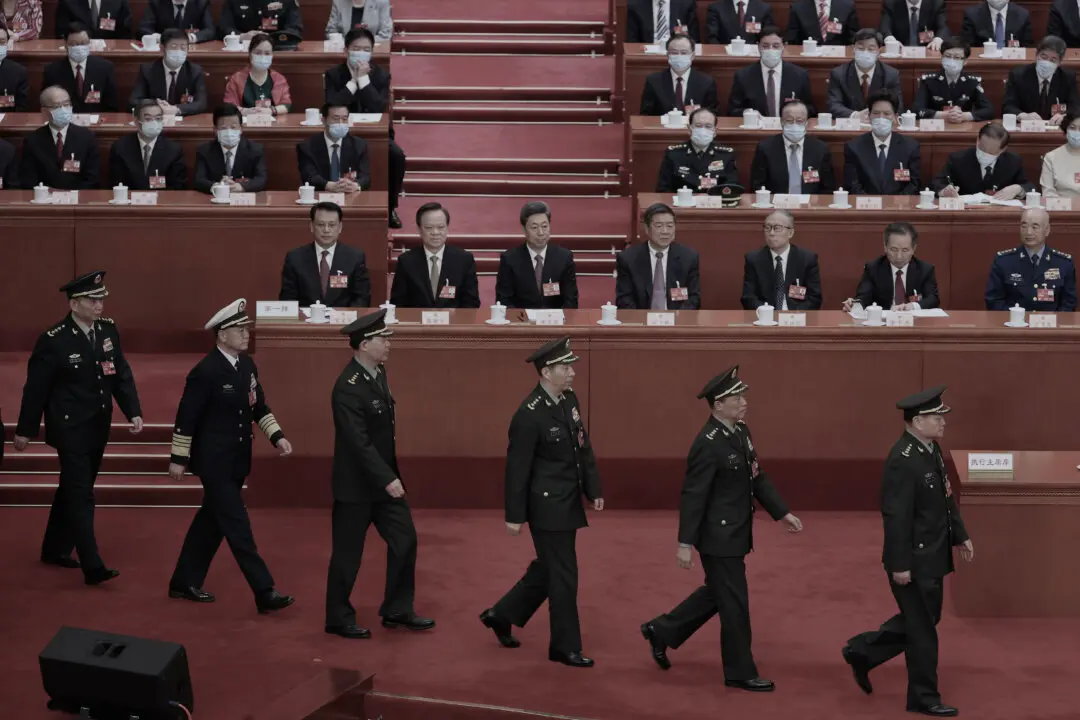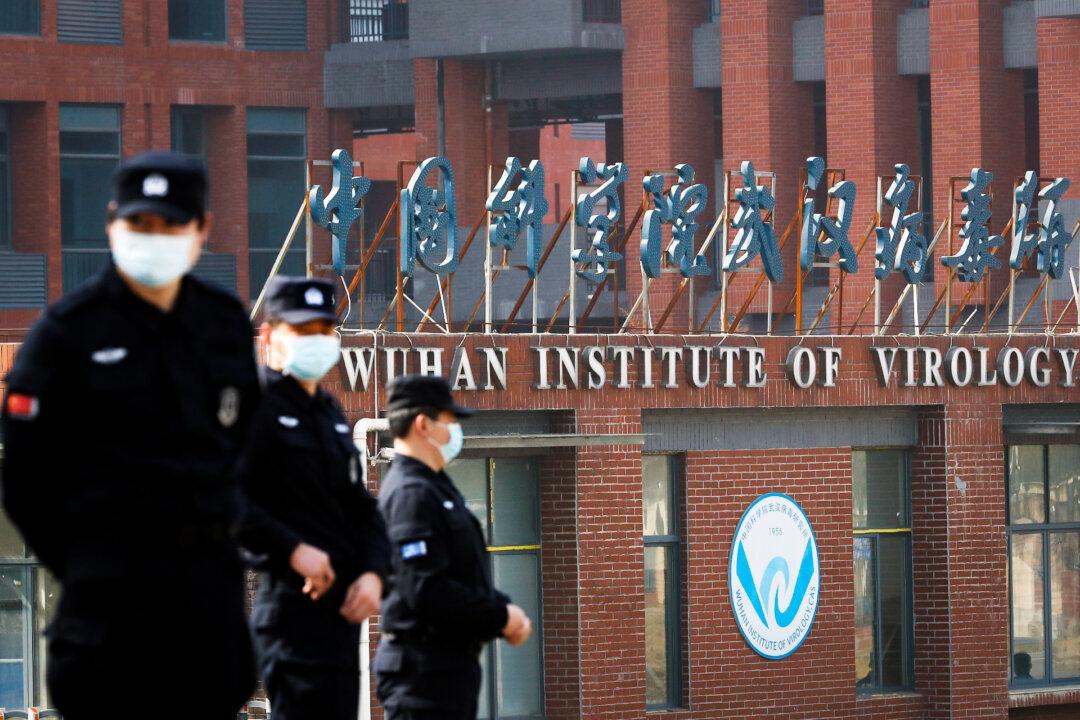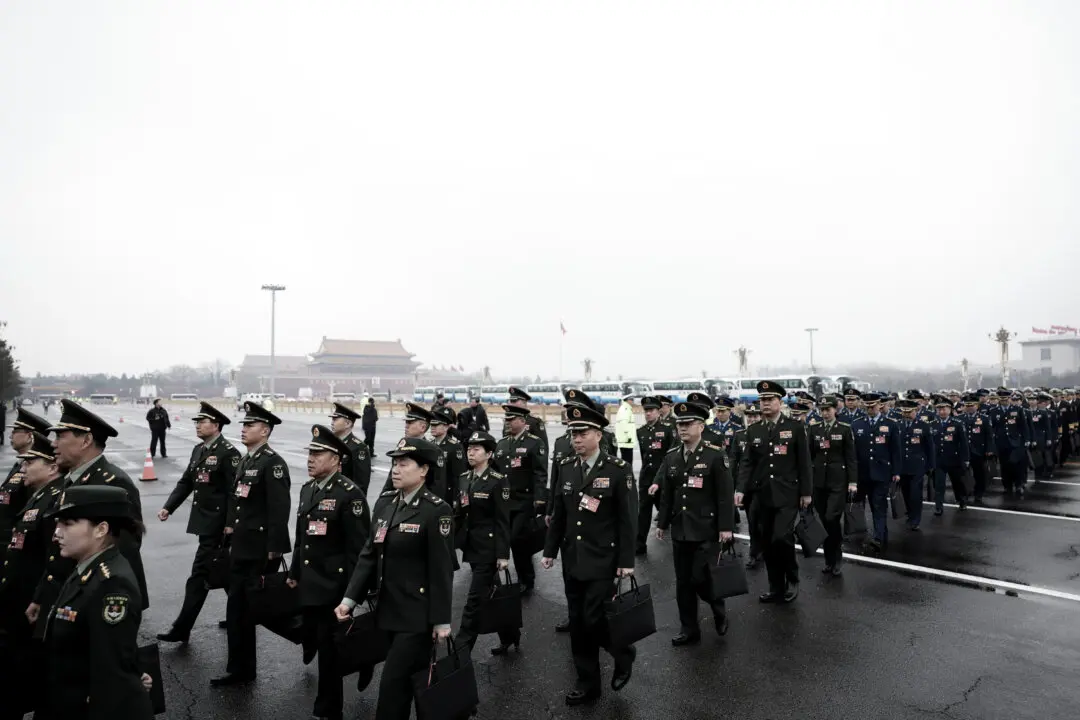Chinese Communist Party (CCP) authorities stated during the party congress that China would open up more in the future. However, experts have expressed skepticism.
On Oct. 17, Zhao Chenxin, deputy director of the National Development and Reform Commission (NDRC) of the regime, said at a press conference that it’s a misconception that China would be closed off under the CCP’s rule, and that it may even develop a self-sufficient economy. “In the future, China’s door will only open wider,” he said.




